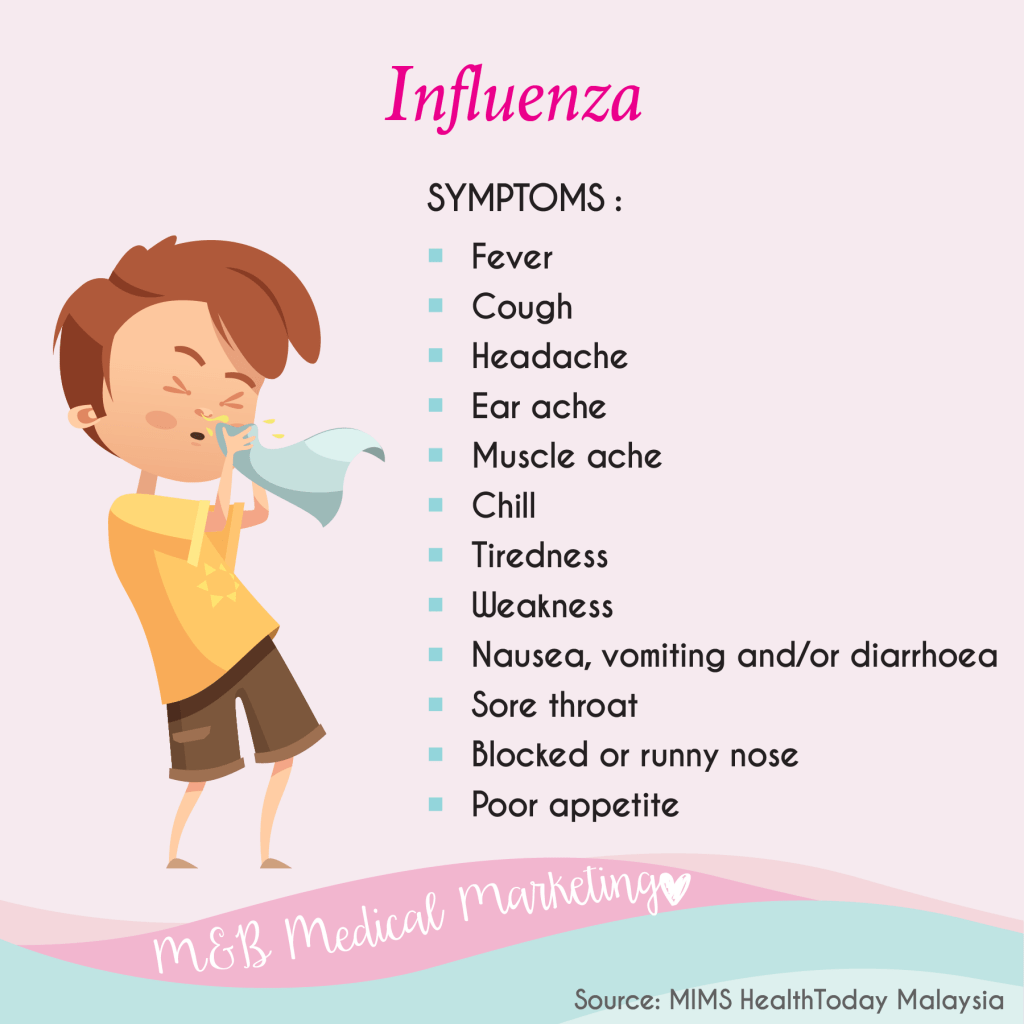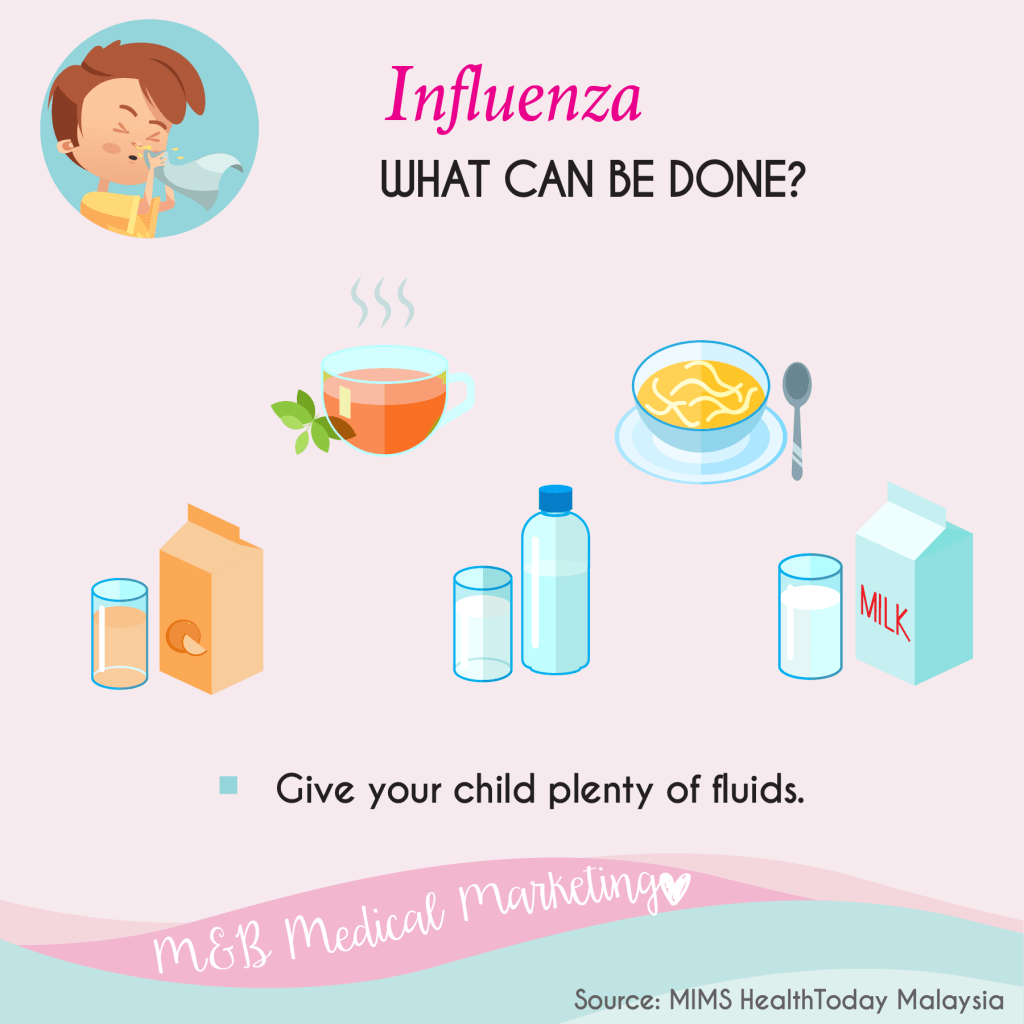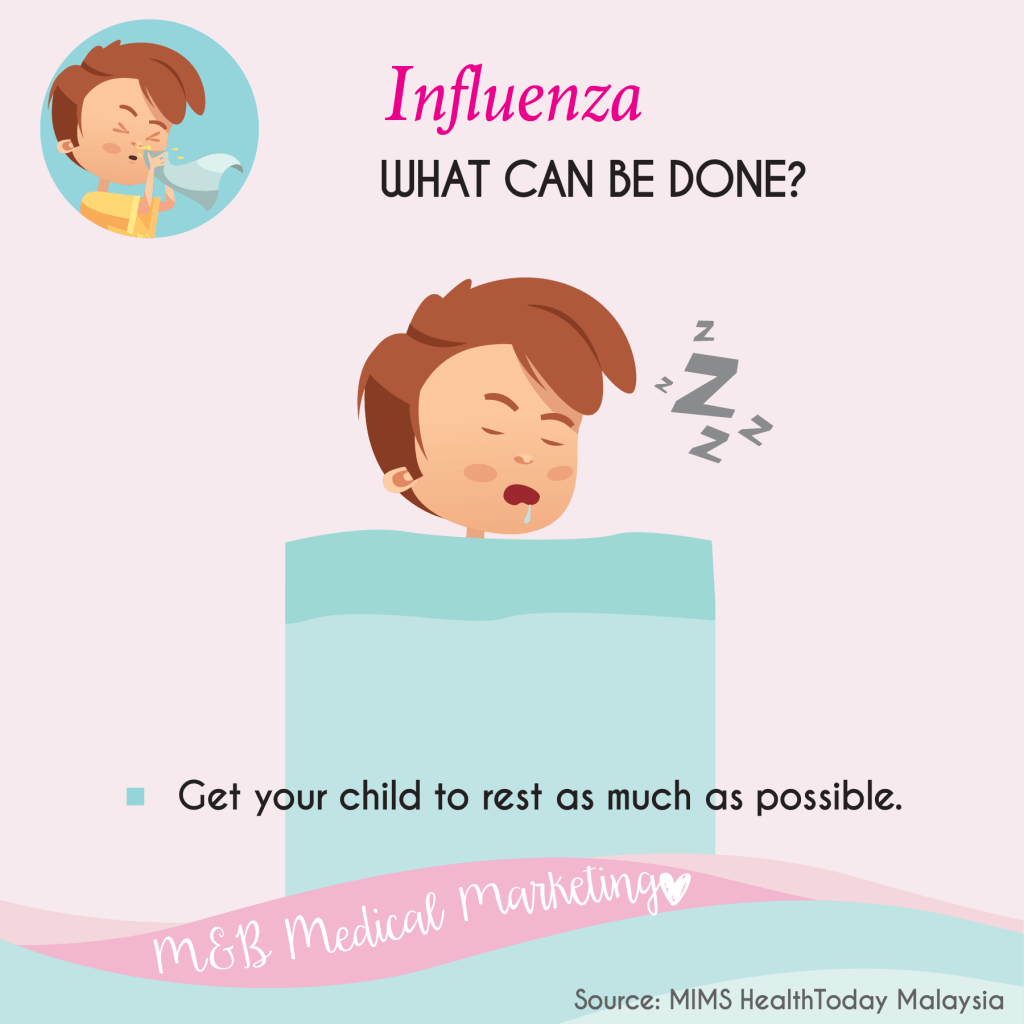CURIOUS TODDLERS
INFLUENZA




Influenza is a viral infection of the nose, throat and lungs. It is usually not life- threatening for healthy adults. However, it can be dangerous for children and the elderly, both of whom are at a higher risk of contracting it and developing complications.
What it is
The influenza virus is spread when an infected person touches surfaces which in turn are touched by others, or breathing in air droplets contaminated by the influenza virus. This may happen through the shaking of hands or when sneezes and coughs are not covered.
What to look for
Symptoms of the influenza are similar to those of a cold, but they are generally more serious. These symptoms include:
- Fever.
- Cough.
- Headache.
- Ear ache.
- Muscle ache.
- Chill.
- Tiredness.
- Weakness.
- Nausea, vomiting and/or diarrhoea.
- Sore throat.
- Blocked or runny nose
- Poor appetite.
What can be done
Give your child plenty of fluids. This is important to prevent dehydration when your child has a fever. Warm fluids are soothing, especially for sore throats.
Get your child to rest as much as possible, and keep him/her away from school or day-care to prevent the spread of infection.
Paracetamol may help with the fever, but consult your doctor before giving it. Never give your child aspirin.
When to see a doctor?
If you notice the below symptoms, get your child to the doctor as soon as possible.
High fever.
Difficulty in breathing.
Confused state.
Worsening symptoms.
Prevention is key
For children over six months old, there is a vaccine that can prevent certain influenza strains or reduce the severity of influenza.
In fact, the quadrivalent vaccine was developed recently to provide better protection against influenza. Ask your doctor if your child is eligible for this jab.
Side effects? There are minimal side effects, such as: pain at the site of injection, headache, some muscle aches, tiredness and short-lived fever (usually lasting less than two days). Very young children (6-23 months old) may experience some irritability.
Source: MIMS HealthToday Malaysia
